Browse
By Subject: History: Medieval/Early Modern
View: By Date | Alphabetical | eBooks | Paperbacks
-
 Forthcoming August 2024
Forthcoming August 2024 Faith in War
Religion and the Military in Germany, c.1500-1650
Funke, N. M.
Confession played an important role in the wars that ravaged Europe until around 1650, but the religiosity of the men and women during this period is still underexplored. Faith in War shows that confessional coexistence became a fact of army life as people from all over Europe followed the Christian life in the chaos of war.
Subjects: History: Medieval/Early Modern Anthropology of Religion
-
eBook available
 Published April 2024
Published April 2024 Religious Plurality at Princely Courts
Dynasty, Politics, and Confession in Central Europe, ca. 1555-1860
Marschke, B., Riches, D., Schunka, A., & Smart, S. (eds)
Examining previously neglected intersections and transformations in early modern European monarchical legitimization, Religious Plurality at Princely Courts works across multiple lenses of European studies to explore the effects of bi-confessional or multi-confessional intra-Christian settings at princely courts on dynastic, representative/symbolic, diplomatic, artistic, and theological levels.
Subjects: History: Medieval/Early Modern Cultural Studies (General)
Hb -
eBook available
 Published March 2024
Published March 2024 Healing and Harm
Essays in Honor of Mary Lindemann
Heinsen-Roach, E., Lazer, S., Marschke, B., Poley, J., & Riches, D. (eds)
Professor Mary Lindemann’s career inspired several generations of researchers in early modern German history and culture. In Healing and Harm, scholars at the height of the field speak to key continuations of subjects stemming from the marked breakpoints across Lindemann’s wide body of work.
Subject: History: Medieval/Early Modern
Hb -
eBook available
 Published October 2022
Published October 2022 Beyond 'Hellenes' and 'Barbarians'
Asymmetrical Concepts in European Discourse
Postoutenko, K. (ed)
Surveying a variety of significant asymmetrical conceptualizations, Beyond 'Hellenes' and 'Barbarians' extends our current breadth of understanding of how ascriptive terms such as ‘civilization’ vs. ‘barbarity,’ or ‘order’ vs. ‘chaos’ functioned and continue to function in political, scientific, and fictional discourses.
Subjects: History: 20th Century to Present History: 18th/19th Century History: Medieval/Early Modern
Hb -
eBook available
 Published December 2021
Published December 2021 The Power of Scripture
Political Biblicism in the Early Stuart Monarchy between Representation and Subversion
Pečar, A.
The development of political rhetoric during the Reformation period through to the outbreak of the English Civil War was based on more varied sources than just the political language of civic humanism and republicanism. The Power of Scripture uncovers how biblical scripture directly shaped a national religious politics, forming a lasting impression on the socio-political structural development of Stuart England.
Subject: History: Medieval/Early Modern
Hb -
eBook available
 Published November 2021
Published November 2021 Medieval Intersections
Gender and Status in Europe in the Middle Ages
Weikert, K. & Woodacre, E. (eds)
With contributions on topics ranging from medieval gynecology to clerical masculinity, this interdisciplinary collection highlights the various ways “status” can be interpreted relative to gender, and what these two interlocked concepts can reveal about the construction of gendered identities in the Middle Ages.
Subjects: Gender Studies and Sexuality History: Medieval/Early Modern
Hb
Paperback available -
eBook available
 Published August 2020
Published August 2020 Imperial Culture and Colonial Projects
The Portuguese-Speaking World from the Fifteenth to the Eighteenth Centuries
Curto, D. R.
In a series of illuminating case studies, Curto follows the history and perception of major Portuguese colonial initiatives while integrating the complex perspectives of participating agents to show how the empire’s life and culture were richly inflected by the operations of imperial expansion.
Subjects: History: Medieval/Early Modern Colonial History
Hb -
eBook available
 Published January 2020
Published January 2020 Feelings Materialized
Emotions, Bodies, and Things in Germany, 1500–1950
Hillard, D., Lempa, H., & Spinney, R. (eds)
Examining the material aspects of emotion, this volume encompasses technology, photography, aesthetics, and a variety of other historical themes in an innovative application of emotion studies. Feelings Materialized brings together an interdisciplinary group of Germanists to unveil the emotions embedded in the world of things and bodies.
Subjects: History: 18th/19th Century Media Studies History: Medieval/Early Modern Literary Studies
Hb -
eBook available
 Published June 2019
Published June 2019 Names and Naming in Early Modern Germany
Plummer, M. E. & Harrington, J. F. (eds)
This volume offers a coherent and interdisciplinary approach to a wide variety of early modern subjects centered on onomastics, the study of names. Leading scholars in the field seek to explore the dynamics and impact of this naming (or renaming) process in a variety of contexts: social, artistic, literary, theological, and scientific.
Subjects: History: Medieval/Early Modern Cultural Studies (General)
Hb -
eBook available
 Published February 2018
Published February 2018 Managing Northern Europe's Forests
Histories from the Age of Improvement to the Age of Ecology
Oosthoek, K. J. & Hölzl, R. (eds)
Eleven chapters, organized regionally, explore the origins of state forestry policy in Northern Europe from the early modern period to the present. Topics include fundamental policy aims, the functioning and organisations of forestry, forest management, wood supply, regulations, forest statistics, wood depletion, growing stock, forest conservation, and landscape protection.
Subjects: Environmental Studies (General) History: Medieval/Early Modern History: 18th/19th Century
Hb
Paperback available -
eBook available
 Published January 2018
Published January 2018 Archaeologies of Rules and Regulation
Between Text and Practice
Hausmair, B., Jervis, B., Nugent, R., & Williams, E. (eds)
How can we study the impact of rules on the lives of past people using archaeological evidence? To answer this question, Archaeologies of Rules and Regulation presents case studies drawn from across Europe and the United States, exploring the use of archaeological evidence in understanding the relationship between rules, lived experience, and social identity.
Subjects: Archaeology History: Medieval/Early Modern Sociology History (General)
Hb -
eBook available
 Published May 2017
Published May 2017 The Mirror of the Medieval
An Anthropology of the Western Historical Imagination
Fazioli, K. P.
The Middle Ages have always held a uniquely important place in the Western imagination. This book gives an eye-opening account of the ways various political and intellectual projects have appropriated the medieval past for their own ends, grounded in an analysis of contemporary struggles over power and identity in the Eastern Alps.
Subjects: History: Medieval/Early Modern Theory and Methodology Archaeology
Hb
Paperback available -
eBook available
 Published May 2017
Published May 2017 Archeologies of Confession
Writing the German Reformation, 1517-2017
Johnson, C. L., Luebke, D. M., Plummer, M. E. & Spohnholz, J. (eds)
Can one give voice to those whom history has forgotten? The essays collected here examine the formation of religious identities during the Reformation in sixteenth- and seventeenth-century Germany through case studies of remembering and forgetting—instances in which patterns and practices of religious plurality were excised from historical memory.
Subjects: History: Medieval/Early Modern Memory Studies
Hb
Paperback available -
eBook available
 Published May 2017
Published May 2017 The Absent Jews
Kurt Forstreuter and the Historiography of Medieval Prussia
Hess, C.
For nearly a century, it has been a commonplace of Central European history that there were no Jews in medieval Prussia. This groundbreaking historical investigation demonstrates the very weak foundations upon which that assumption rests, tracing it to the ideologically compromised work of a single Nazi-era historian who badly mishandled evidence.
Subjects: Jewish Studies History: Medieval/Early Modern
Hb -
eBook available
 Published August 2015
Published August 2015 The Emperor's Old Clothes
Constitutional History and the Symbolic Language of the Holy Roman Empire
Stollberg-Rilinger, B.
For many years, scholars struggled to write the history of the constitution and political structure of the Holy Roman Empire. This book argues that this was because the political and social order could not be understood without considering the rituals and symbols that held the Empire together.
Subject: History: Medieval/Early Modern
Hb
Paperback available -
 Published August 2014
Published August 2014 Mixed Matches
Transgressive Unions in Germany from the Reformation to the Enlightenment
Luebke, D. M. & Lindemann, M. (eds)
Taking as a point of departure Martin Luther’s redefinition of marriage, the contributors to this volume spin out the multiple ways that the Reformers’ attempts to simplify and clarify marriage affected education, philosophy, literature, high politics, diplomacy, and law. Ranging from the Reformation, through the ages of confessionalization, to the Enlightenment, Mixed Matches addresses the historical complexity of the socio-cultural institution of marriage.
Subject: History: Medieval/Early Modern
Hb
Paperback available -
 Published July 2014
Published July 2014 Sacral Kingship Between Disenchantment and Re-enchantment
The French and English Monarchies 1587-1688
Asch, R. G.
“This is an excellent book. It is intellectually outstanding in that it sustains an argument in comparative history throughout its whole length. The research is very impressive. The comparison is fruitful and appropriate. The book is capable of changing the field through its argument. It is thoroughly well-grounded and therefore convincing…Conceptually and methodologically this book is tightly organized and clearly the fruit of enormous reflection in these areas. It is a fine example of rigorous comparative methodology applied to a complex and evolving field.” · Peter R. Campbell, Institut d'études culturelles, Guyancourt, nr. Paris
Subject: History: Medieval/Early Modern
Hb -
eBook available
 Published December 2013
Published December 2013 The Rise of Market Society in England, 1066-1800
Eisenberg, C.
Subjects: History (General) History: Medieval/Early Modern History: 18th/19th Century
Hb
Paperback available -
eBook available
 Published July 2013
Published July 2013 Germany and the Black Diaspora
Points of Contact, 1250-1914
Honeck, M., Klimke, M., & Kuhlmann, A. (eds)
Subjects: History: Medieval/Early Modern History: 18th/19th Century Colonial History
Hb
Paperback available -
eBook available
 Published May 2012
Published May 2012 Conversion and the Politics of Religion in Early Modern Germany
Luebke, D. M., Poley, J., Ryan, D. C., & Sabean, D. W. (eds)
Subject: History: Medieval/Early Modern
Hb -
 Published March 2011
Published March 2011 Diversity and Dissent
Negotiating Religious Difference in Central Europe, 1500-1800
Louthan, H., Cohen, G. B. & Szabo, F. A. J. (eds)
Subject: History: Medieval/Early Modern
Hb -
eBook available
 Published October 2010
Published October 2010 The Holy Roman Empire, Reconsidered
Coy, J.P., Marschke, B., & Sabean, D.W. (eds)
Subject: History: Medieval/Early Modern
Hb
Paperback available -
 Published July 2008
Published July 2008 Embodiments of Power
Building Baroque Cities in Europe
Cohen, G. B. & Szabo, F. A. J. (eds)
Subjects: History: Medieval/Early Modern History: 18th/19th Century Urban Studies
Hb -
eBook available
 Published October 2007
Published October 2007 Kinship in Europe
Approaches to Long-Term Development (1300-1900)
Sabean, D. W., Teuscher, S., & Mathieu, J. (eds)
Subjects: History: Medieval/Early Modern Anthropology (General) History: 18th/19th Century
Hb
Paperback available -
 Published July 2007
Published July 2007 Possessing the World
Taking the Measurements of Colonisation from the 18th to the 20th Century
Etemad, B.
Subjects: Colonial History History: Medieval/Early Modern Refugee and Migration Studies
hb -
 Published April 2007
Published April 2007 Finding Europe
Discourses on Margins, Communities, Images
Molho, A. & Ramada Curto, D. (eds)
Subject: History: Medieval/Early Modern
Hb -
 Published May 2006
Published May 2006 Building on Water
Venice, Holland and the Construction of the European Landscape in Early Modern Times
Ciriacono, S.
Subjects: Environmental Studies (General) History: Medieval/Early Modern Urban Studies
Hb -
 Published May 2006
Published May 2006 The Dutch-Munsee Encounter in America
The Struggle for Sovereignty in the Hudson Valley
Otto, P.
Subjects: History: Medieval/Early Modern Colonial History Refugee and Migration Studies
Hb -
 Published September 2003
Published September 2003 The Historical Practice of Diversity
Transcultural Interactions from the Early Modern Mediterranean to the Postcolonial World
Hoerder, D., Harzig, C. & Shubert, A. (eds)
Subjects: History: Medieval/Early Modern Cultural Studies (General) Colonial History
Hb -
 Published March 2001
Published March 2001 The Jews and the Expansion of Europe to the West, 1450-1800
Bernardini, P. & Fiering, N. (eds)
Subjects: Jewish Studies History: Medieval/Early Modern Colonial History Refugee and Migration Studies
Hb
Paperback available -
 Published April 2000
Published April 2000 The Language Encounter in the Americas, 1492-1800
Gray, E. & Fiering, N. (eds)
Subjects: History: Medieval/Early Modern Colonial History Cultural Studies (General) Refugee and Migration Studies
Hb
Paperback available -
 Published March 1995
Published March 1995 Women, Family and Society in Medieval Europe
Historical Essays, 1978-1991
Herlihy, D.
Subjects: Gender Studies and Sexuality History: Medieval/Early Modern
Hb
Paperback available

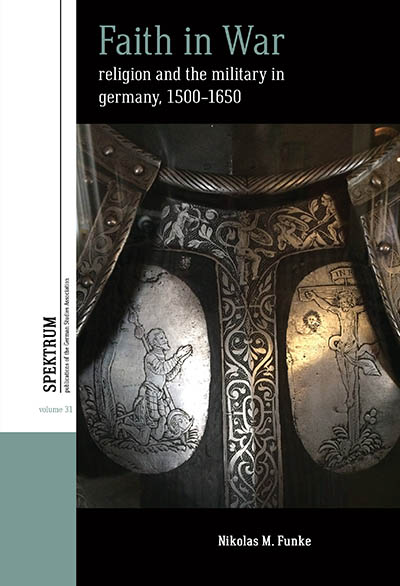 Forthcoming August 2024
Forthcoming August 2024 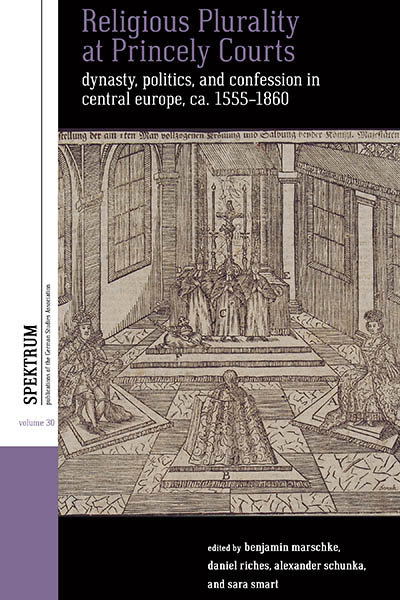 Published April 2024
Published April 2024 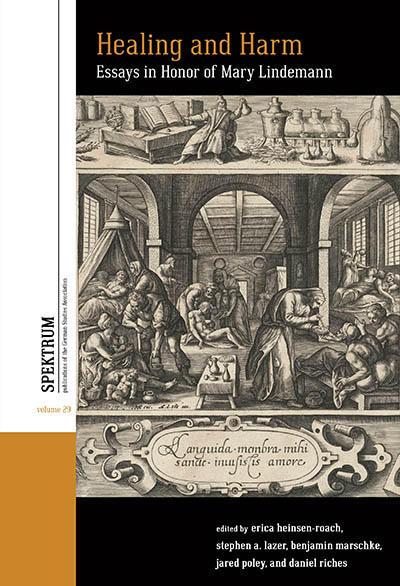 Published March 2024
Published March 2024 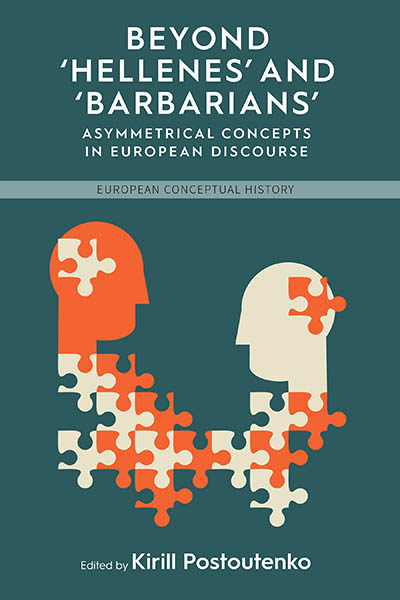 Published October 2022
Published October 2022 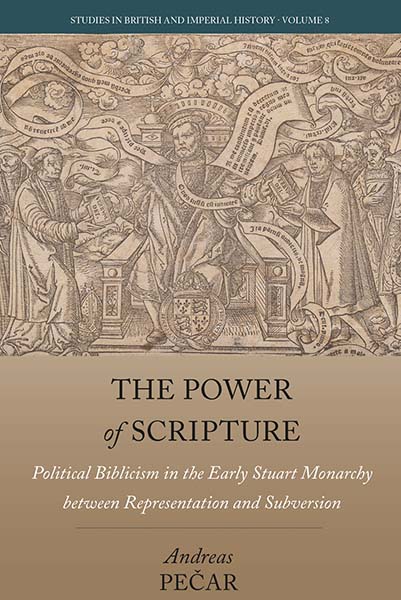 Published December 2021
Published December 2021 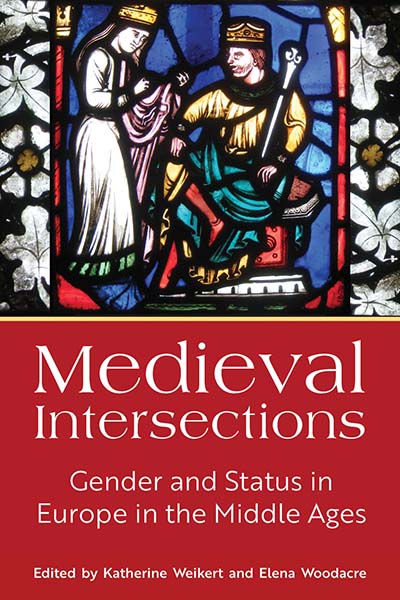 Published November 2021
Published November 2021 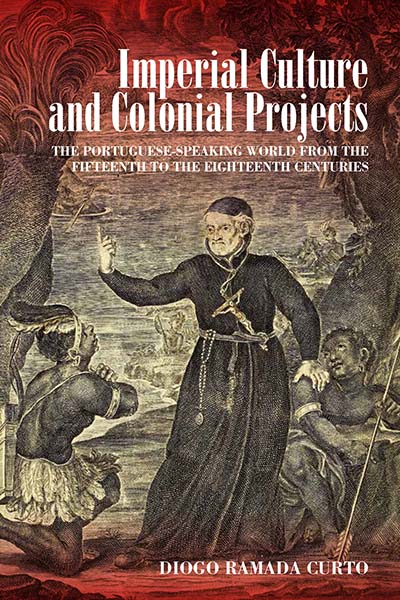 Published August 2020
Published August 2020 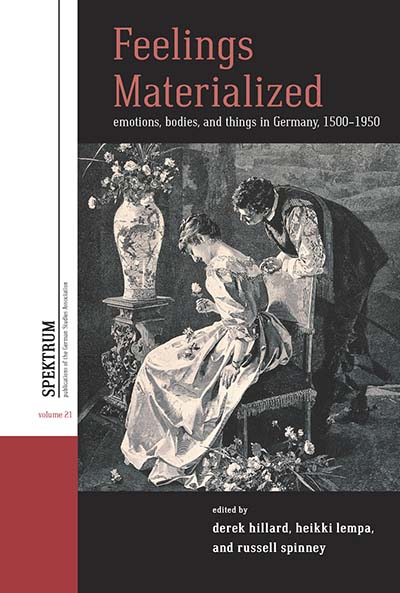 Published January 2020
Published January 2020 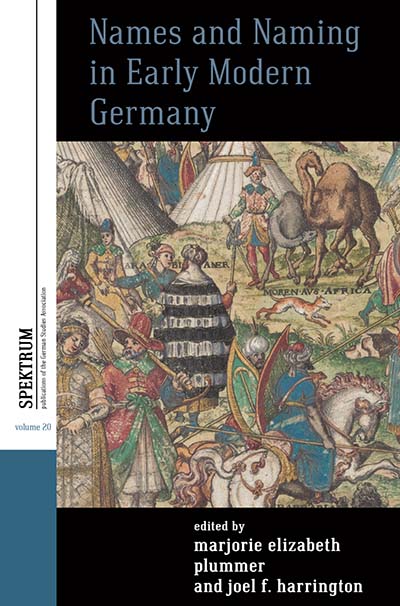 Published June 2019
Published June 2019 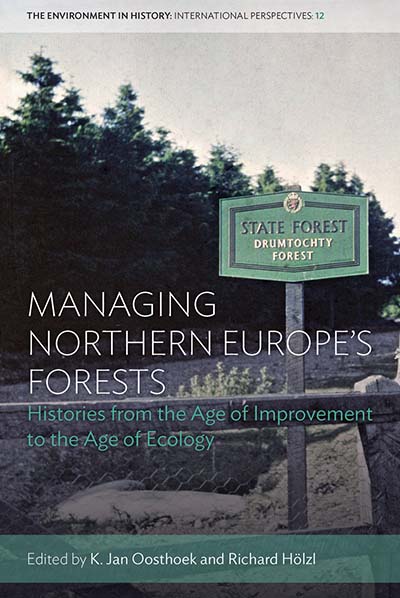 Published February 2018
Published February 2018 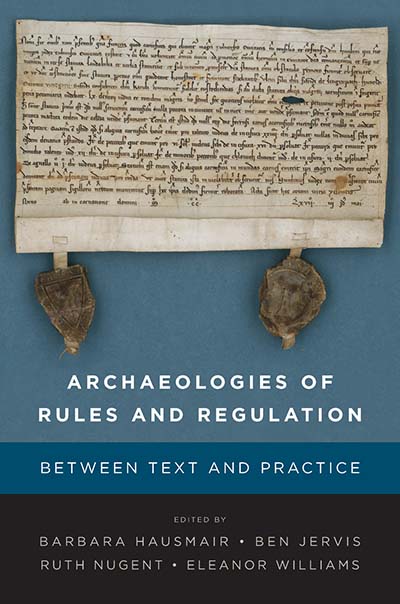 Published January 2018
Published January 2018 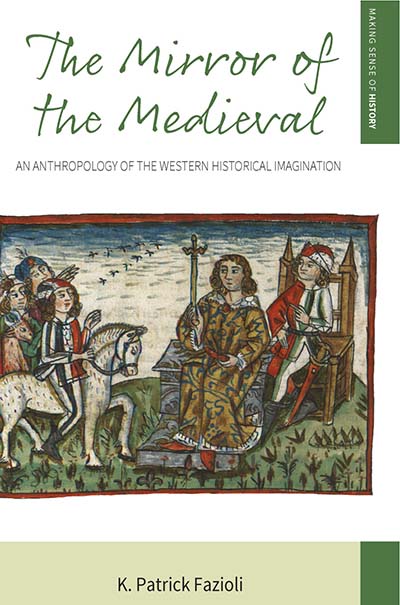 Published May 2017
Published May 2017 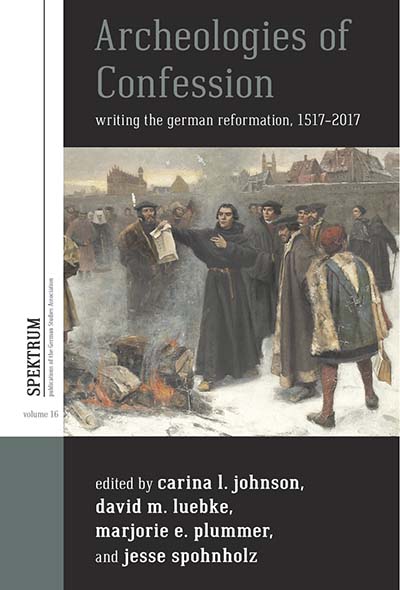 Published May 2017
Published May 2017 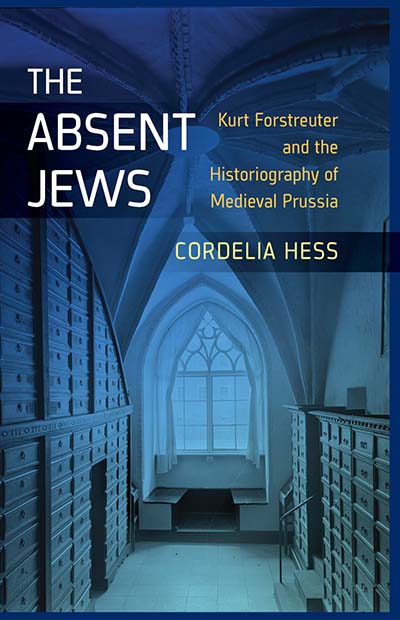 Published May 2017
Published May 2017 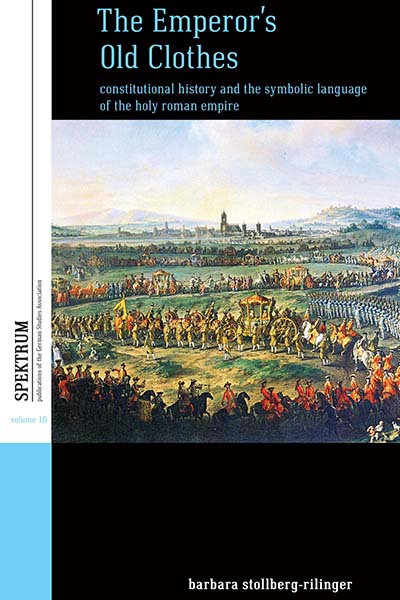 Published August 2015
Published August 2015 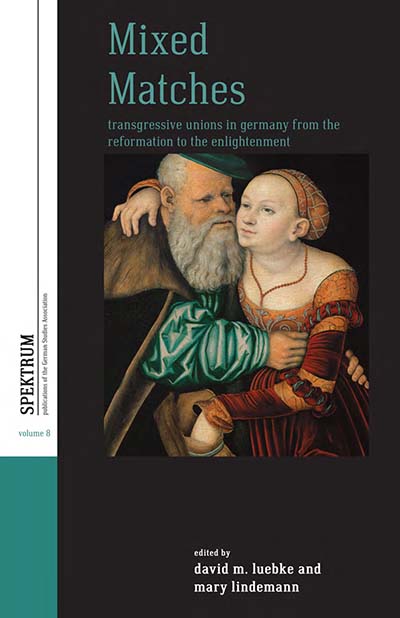 Published August 2014
Published August 2014 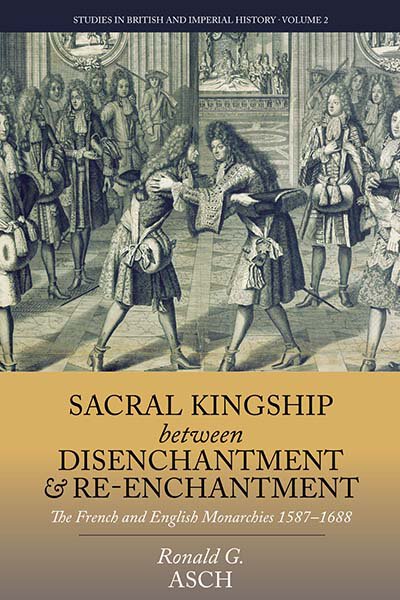 Published July 2014
Published July 2014  Published December 2013
Published December 2013 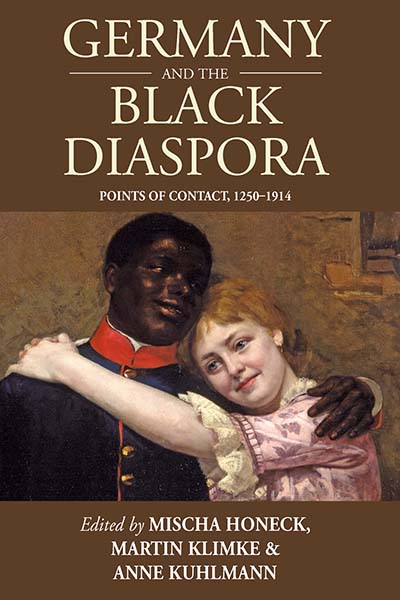 Published July 2013
Published July 2013 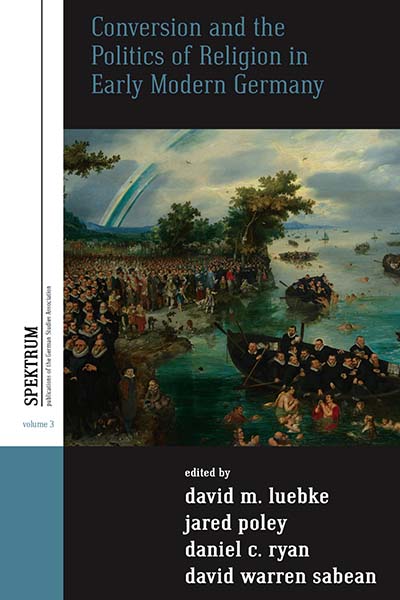 Published May 2012
Published May 2012 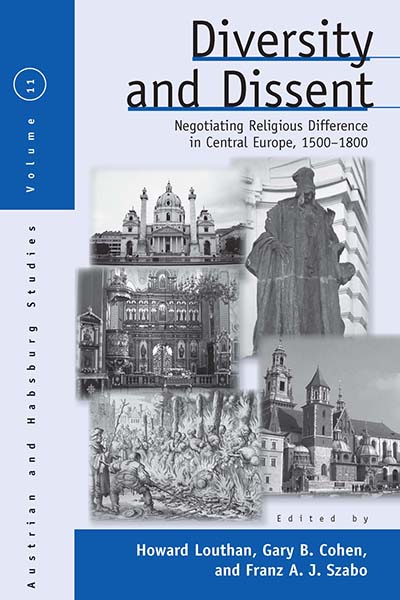 Published March 2011
Published March 2011 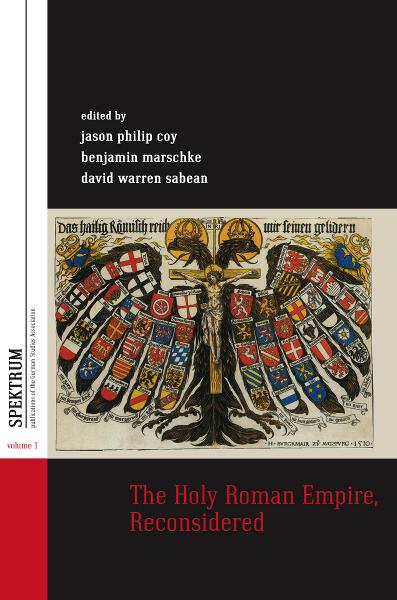 Published October 2010
Published October 2010 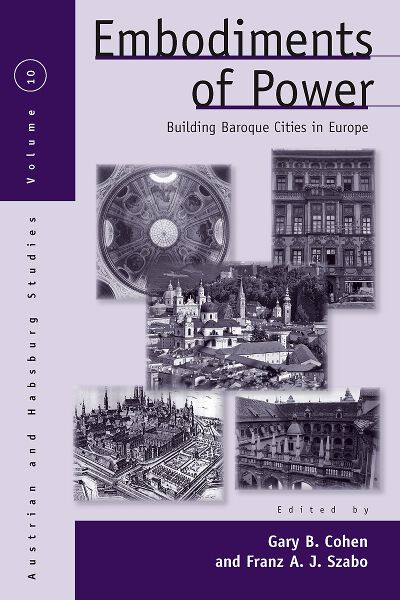 Published July 2008
Published July 2008 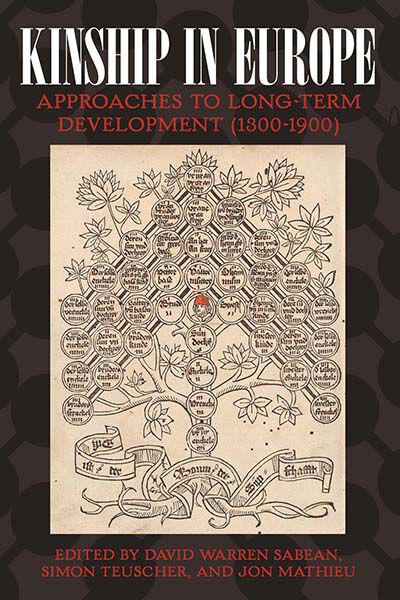 Published October 2007
Published October 2007 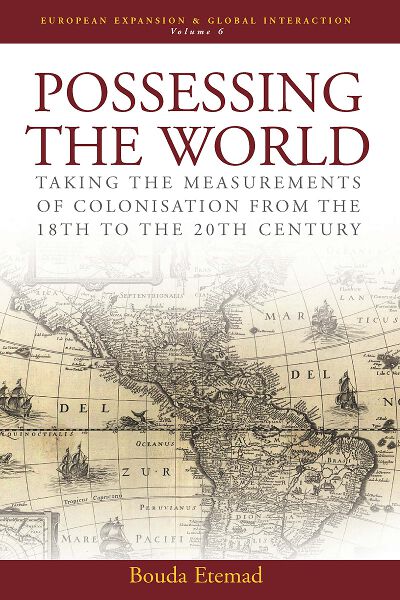 Published July 2007
Published July 2007 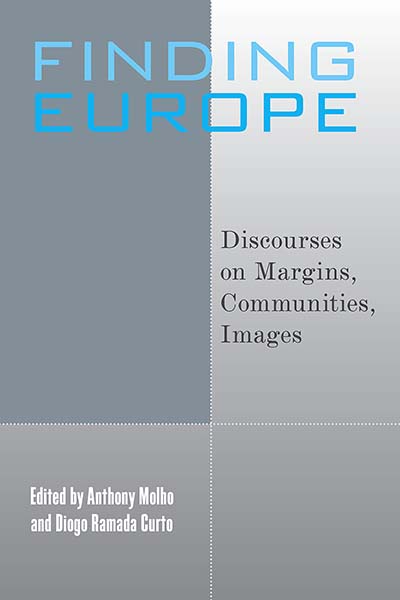 Published April 2007
Published April 2007 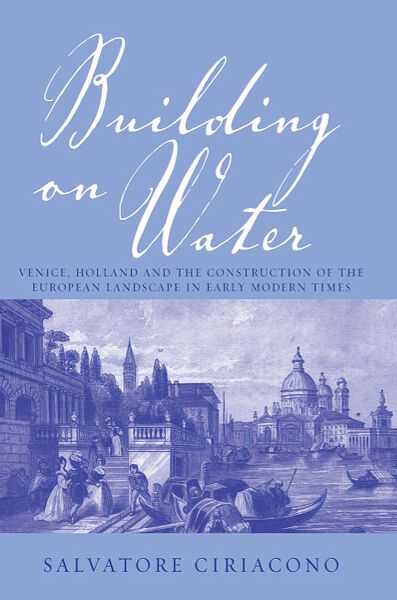 Published May 2006
Published May 2006 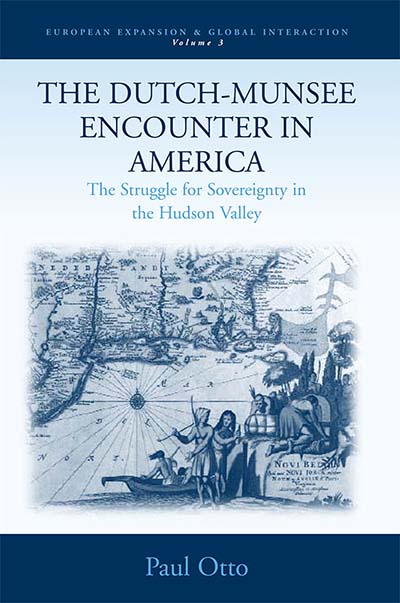 Published May 2006
Published May 2006 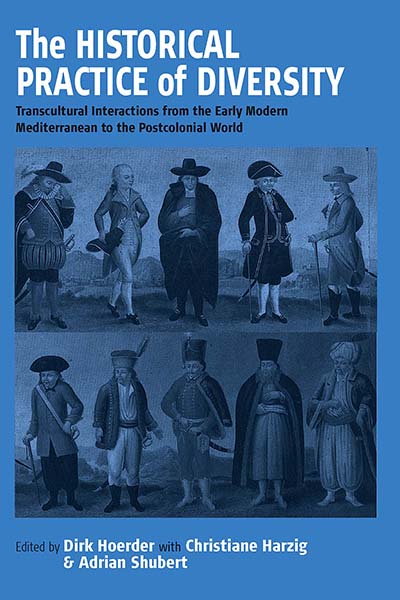 Published September 2003
Published September 2003 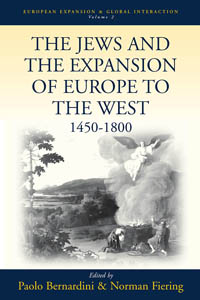 Published March 2001
Published March 2001 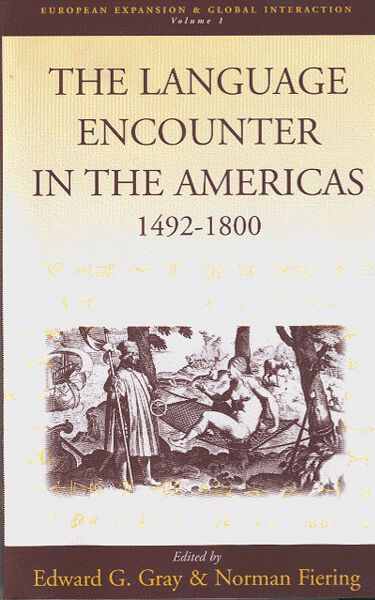 Published April 2000
Published April 2000 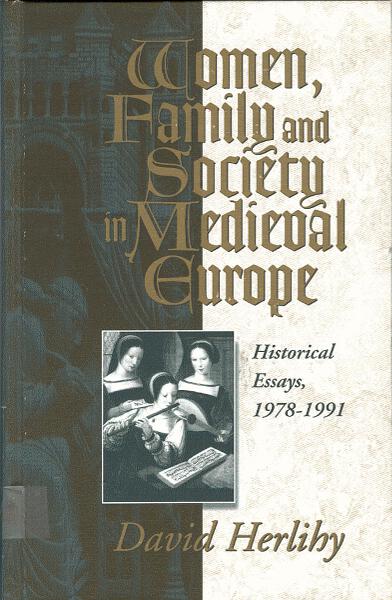 Published March 1995
Published March 1995